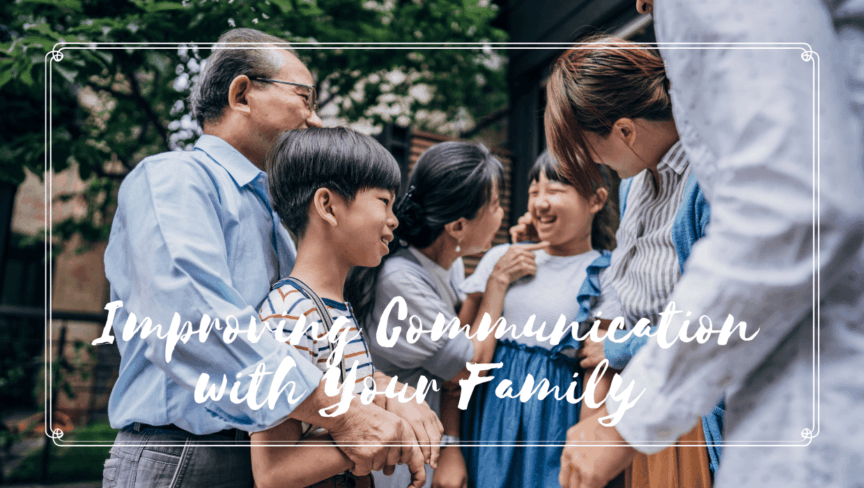- How to Care for Infants With Hearing Loss - April 15, 2024
- Hearing Aid Tips for Runners - April 5, 2024
- Overcoming Misconceptions Around Hearing Aids - March 27, 2024
Being a family member grappling with the hearing loss of a loved one is hard. The inability to have just a conversation with someone you have spent most of your life talking to can be disheartening, isolating, and frustrating. Communication is the foundation of all relationships, and hearing loss directly undermines our ability to hold a regular and open dialogue.
However, like all life challenges, the situation you are in calls for adaptation. Here are some ways in which you can improve the lines of communication between you and a loved one with hearing loss.
Respond, don’t react
Communication struggles are going to happen. When they do, take a moment to remind yourself that no one is intentionally rude. If you can’t understand someone, it may be your first instinct to react with anger or frustration. Instead, collect yourself and respond with patience and kindness.
Getting Their Attention
When you want to talk with your loved one, making sure you have their attention before speaking is vital for them to hear and understand you. A great way to do this is to gently tap them or tug at their shirt to let them know you want their attention. Another option if you’re not right near them is to clearly say their name to get their attention before continuing with what you want to tell them.
Aim for Clarity, not Volume
For many of us that have a loved one with hearing loss, our first instinct when talking to them is to raise our voices dramatically, but this is not the best option. A Canadian study from 2016 illustrated that speaking clearly and enunciating each syllable at an assertive talking volume was 63% more effective for their comprehension than shouting. While they may hear you, shouting distorts your speech and makes it more difficult for them to understand what you are saying.
Express Yourself
In instances where you respond with one word, answers like “yes” and “no” are the most common pitfalls for communication failures. For people with hearing loss, all of those words sound remarkably similar, and telling the difference between them is very difficult. Instead, express what you are saying with more detail. Instead of “yes” say, “yes we can go.” This gives the listener more context and a greater opportunity to understand. Also, simple body language like shaking your head can go a long way when communicating with someone hard of hearing.
Rephrase your Words
When the listener can’t understand what you are saying, don’t repeat it. Instead, rephrase what you are trying to say. For those with hearing loss, some words and sounds are harder to understand or hear than others, so rephrasing will often solve this communication issue.
Get Help
You don’t have to do this all your own; hearing care professionals are here to help you and your loved one communicate more effectively with expert advice and strategies. In conflict, advice from a neutral third party can be essential to breaking barriers caused by miscommunication and the resentment that grows from it; hearing care professionals are happy to play that role as well.
Do your part
If you are a person with hearing loss and you have hearing aids, wearing them consistently and showing that you are trying your best to communicate goes a long way for your loved ones. If you are the family member of a person with hearing difficulties who is hesitant to get them, it may be time to sit down and have a serious conversation about your options.
Need more help?
If you still struggle to communicate despite wearing your hearing aids and employing these strategies, it is probably time to make an appointment with your hearing care professional. Hearing aids require regular maintenance, and yours may be due for a tune-up.
Communication and connection with our loved ones are essential for our physical, emotional, and mental health. Hearing loss creates complications in these connections and can severely impact our ability to lead a healthy life with those we love. If you or your loved one has been diagnosed with hearing loss and recommended hearing aids, it’s to make a change for the better.
Hearing aids recover not only your hearing but also your love and connection with family and friends. Effectively treating hearing loss and communicating effectively is a gift for everyone involved, and it starts with only a phone call. Take the next step for your family and reach out to us today.

